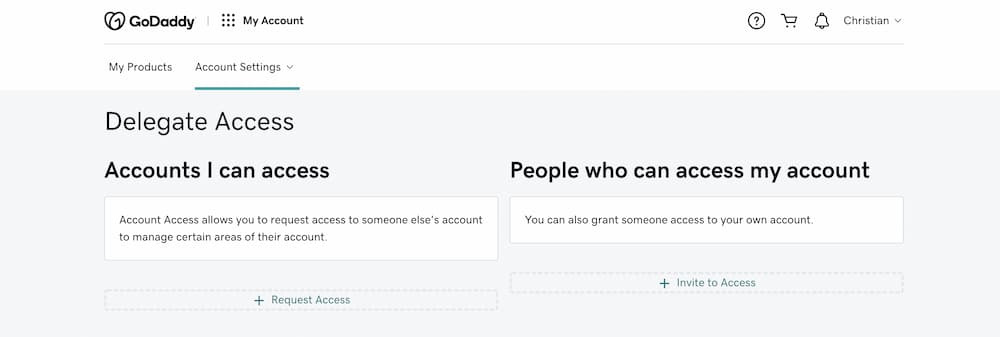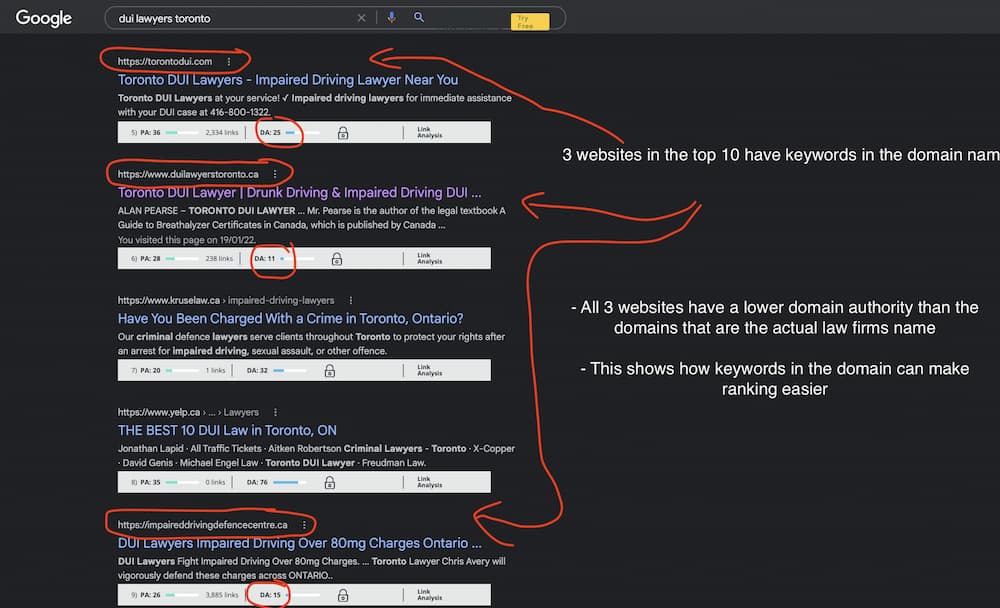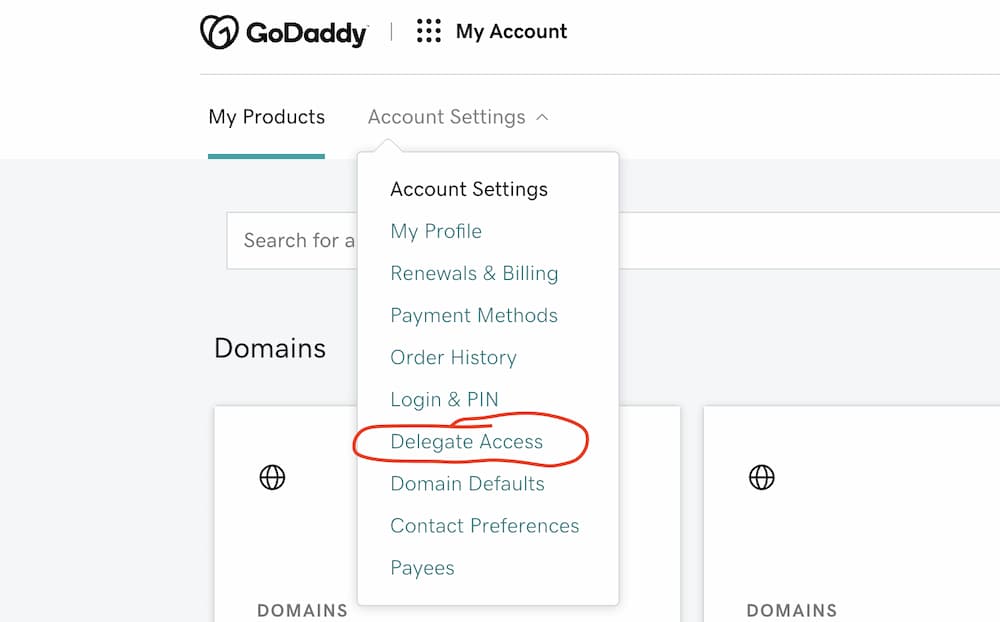How To Choose A Good Domain Name For Your Business
Choosing a domain name may seem like the easiest part of your journey, make no mistake, the selection and securing process are layered with pitfalls that can affect the future of your business. There is literally a list of considerations to ponder before deciding (hence the existence of this article!). Learn how to choose a good domain name for your business and you will be one step closer to experiencing success on the search engine result page.
Approximately 37% of all domains are .com but does that make it the right choice for you? Here are a few things to consider when you’re both choosing your domain and setting it up with your registrar.
Choose a name that’s easy to remember
Try to pick a name that best represents your brand but is simple to remember. It’s a great name when people can simply type it in and go directly to your website. It helps when the domain has something to do with the product or service you provide.
More often than not, a shorter domain is better.
One or two words are ideal.
Three words are acceptable.
Four words are overkill.
Using keywords vs. a brand name
Consider the SEO strategy when you’re deciding on the domain name of your website. If you’re in an intensely competitive field, you may want to avoid choosing the name of your business as the domain. Without a big budget, it may be difficult to rank your website for a keyword(s) that could literally be worth hundreds of thousands a year.
For example, to rank a lawyer’s website for the top keywords in a big city it would be advantageous to use big keywords that get thousands of searches a month. Look at the search result page for DUI lawyers Toronto.
Two of the top five results include the keyword (or partial-which works well too) within the domain name. The third domain at the bottom does not have an exact match but Google recognizes the search intent and has matched this domain to the keyword search.
Note that none of these domain names mentioned is NOT the name of their law firm.
Avoid hyphens & stop words
Stay away from using hyphens and stop words that could lead to confusion or mistakenly landing on someone else’s website. Stop words are words that separate keywords but are generally filtered out by search engines.
For example, plumbing-contractor.com is actually a pretty good domain name however, it would be better to get plumbingcontractordallas.com because
a) Plumbing is a service industry that’s limited to specific service areas (unless you’re a national franchise). and
b) You can still rank for plumbing contractor AND people won’t land on someone else’s site if they forget the hyphen.
There is SEO value in incorporating hyphens when you’re competing for a competitive keyword but it’s better to avoid it whenever possible.
Stop-words or adding letters and numbers to your domain is an SEO technique that can be useful. The problem is it doesn’t look very professional. Depending on the purpose of your site, consider whether you business is best represented by a domain like this:

Choose a top-level domain (TLD)
TLDs are the domain extensions that are widely recognized and considered at the top of the list of options. These used to be the only TLDs during the first days of the internet:
- .com
- .net
- .org
- .int
- .gov
- .edu
- .mil
Each of these TLDs represents a category that the content of the website fell under. Now there are over 1000 new extensions to choose from including country code TLDs. Here are just a few examples of what you may have seen if you’ve been shopping:
- .digital
- .agency
- .club
- .today
- .solutions
- .co
- .shop
- .biz
- .pet
- .blog
- .io
- .coffee
- .online
- .me
- .xyz
- .live
- .co
- .store
So how do you choose a good domain name for your business website? In most cases, the best option is to go with a .com since people are 3.8 times more likely to assume that the end of a domain name ends in .com.
This is good for businesses operating in the United States and who target a global audience.
If your business only provides services or products within your country, then using a ccTLD (cc=country code) is the best option. Search engines recognize ccTLDs as local businesses and will give some preference to websites in a local search result within your country.

You can go outside the norm and get creative with your gTLD (g=generic) when you feel there is a good way to create a unique and memorable name. If you’re selling coffee beans, it may be advantageous in the long run to register www.beans.coffee as your domain name.
Secure your domain to avoid disaster
When you choose a good domain for your business website, you’re laying the first level of foundation for your business website. You will undoubtedly put endless hours of work (or money) into developing it. Building a business isn’t a short-term project either. Stop for a second to think of what life would be like if, after 6 years of pouring blood, sweat, and tears into your site, it suddenly disappeared from your account.
No words can describe the horror of this situation. It is a complete nightmare to live through. Believe it or not, this happens to people more times than you ever thought was possible.
Here are a few tips to make sure this never happens to you.
Switch your domain to auto-renew
Sounds simple enough right? When the time comes for your domain to renew, the payment is automatically made, and you’re all set to go. Most people lose their domain because they let it expire. Think your domain is safe now? Nope! There’s more to this story.
Enter a secondary payment method
Adding a secondary method of payment creates a failsafe for things that can go wrong. Perhaps you renewed your credit card and the number changed. Maybe your card was at the threshold and the payment didn’t go through. Whatever you think is impossible to happen can eventually find a way to happen.
Enter a secondary email address
Normally when your domain is set to renew (or expire) you get multiple email notifications that count down the days to give you time to pay. It’s not unheard of for people to switch email addresses and forget to update their address with their domain registrar.
Changing the admin@yourdomain.com address to info@yourdomain.com might be the dagger that kills your communication method between you and your registrar. If they can’t tell you your domain is expiring or your payment hasn’t gone through, you’ll lose your domain.
Always maintain ownership of your domain
Never allow an agency to purchase your domain for you. If the domain is in their account, they literally own the domain. It’s like buying a car in someone else’s name who also holds on to the pink slips. If there is a falling out and they want to hold your domain hostage, there’s not much you can do about it.
Delegate access rather than divulge login info
You can delegate access to employees and third-party companies who may need to point to nameservers, work on email accounts, or whatever. This way they can still access your account to do what they need to do but do not have the authority to transfer domains out of your account.

Lock your domain
You should have the option to lock your domain to prevent transfers to another registrar. It should be as simple as clicking a button or editing settings.
Enable two-step verification
Two-step verification is another way to control who has access to your registrar account. Every time someone (including yourself) tries to log in you will be prompted to enter a code. This prompt is usually sent to you via text, phone call, or email depending on your setup.
The shortcut to quick rankings
It needs to be mentioned that one of the quickest ways to achieve instant traffic and potentially high ranking in search engines is to buy a domain that has been around for a few years. One of Google’s ranking factors is trust. Aged domains are like fine wine. If they haven’t changed hands extensively, they get better with age.
That being said, this tactic is a well-known SEO tactic where we redirect the aged domain to a target domain that we want to rank higher. So you can use the domain itself (if there are no copyright infringements OR if it’s a generic name created for SEO you can use it for your own business. For example, https://seoallentx.com would be the perfect domain name if you wanted to rank for SEO Allen TX on Google.
Purchase from auctions and expired domain sites
You can find domains available for purchase on websites like Flippa.com and expireddomains.net. Afternic is an afterthought, so if you can avoid them-do it (I have personal grievances with this GoDaddy-owned lump of crap).
Businesses that are closing
If you know of any businesses that are scheduled to close their doors they could be in the market for selling their domain. Try to tender and offer personally before they list their domain on an auction site or it could be months before they actually sell.
Love the domain name you choose
At the end of the day, love the domain name you choose. If you’re going about your decision in the right way, you’re probably going to have that domain for a long time. You’re going to need to look at it every day and even if it’s a brand new domain it will gain value overtime just like your business.






